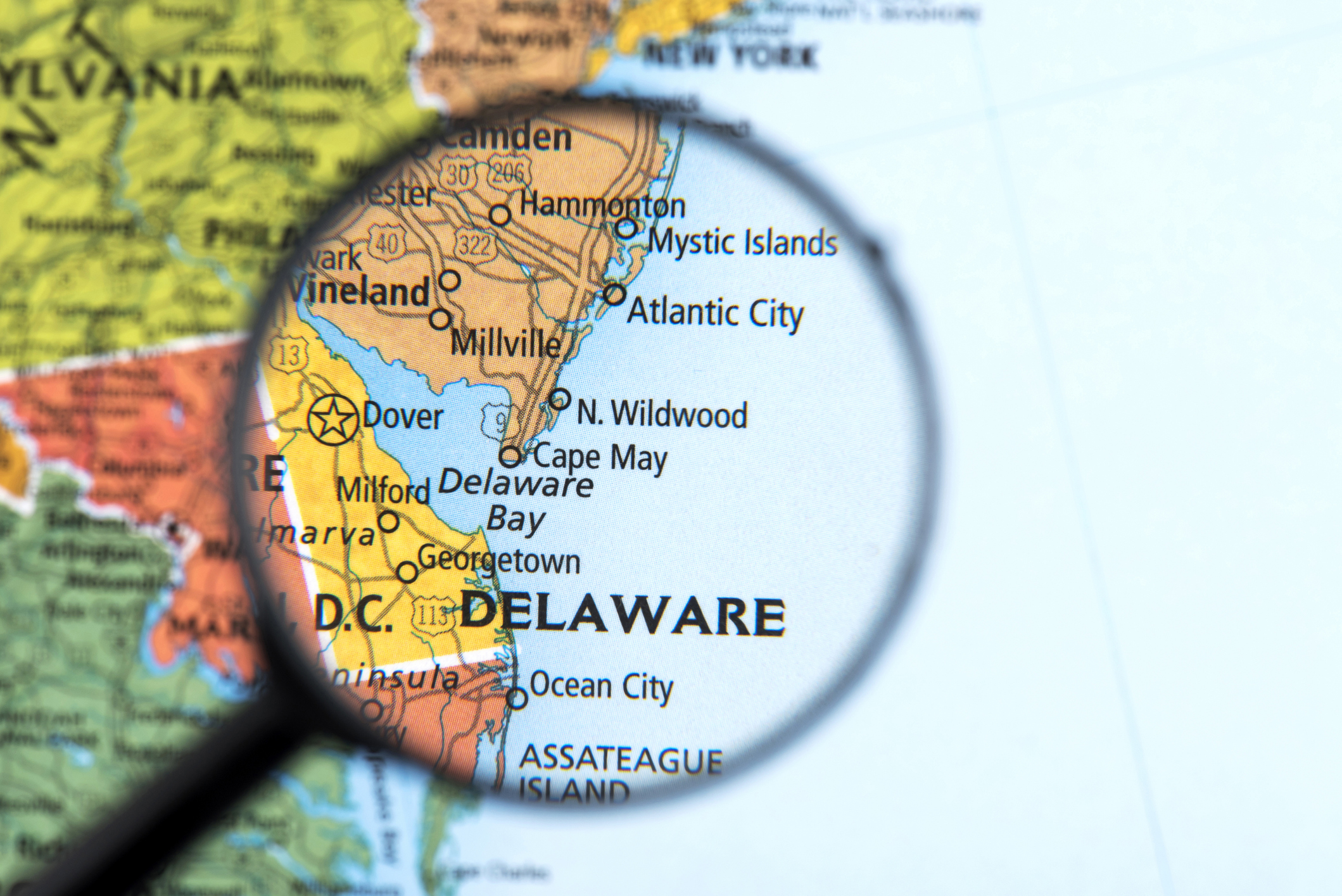Delaware, a tiny territory of the United States located in the southeast bordering New Jersey, was the first state to join the Union in 1787. No one knows Delaware, however, for its pioneering character. Delaware’s surface is small, but it is a gigantic financial enclave in which more than 1.3 million entities are recorded, compared to a population that does not reach one million citizens.
For centuries, the state has used tax advantages and a welcoming business atmosphere to attract hundreds of thousands of companies worldwide, leading Delaware to be identified by many as a tax haven despite not being listed anywhere from the official lists that determine those territories of special taxation.
Ecosystem
Experts believe that more companies than inhabitants in Delaware are not taxation but the legal framework and jurisprudence. “An ecosystem has been created that has made lawyers, companies, funds, and investment firms get used to it. Delaware is more flexible than other states and protects more managers and investors. Still, companies do not register in the territory due to that, but because everyone knows its rules, “explains the director of the tax department of a US technology multinational.
Unlike in Europe, in the United States, there is no federal commercial code, so each state’s laws and jurisprudence govern business relations. Delaware’s track record and experience have made the territory, in practice, the country’s business code of commerce.
So, any company looking for investors in the United States typically settles in Delaware at the behest of investment funds, seeking clear rules and the least possible uncertainty. “We settled in Delaware because our lawyers recommended it to us,” explains Javier de la Torre, founder of the Spanish geolocation start-up Carto. “The state has specialized in Commercial Law, and its rules are clear. 
Most lawyers know Delaware law, which creates a standard for you. Their services are also more accessible and cheaper,” says De la Torre. This entrepreneur refers to the fact that, among other facilities, companies decide on the composition of the board of directors. In other states, like California, there must be at least three directors if there are more than three shareholders. Also, notifications in Delaware are almost instantaneous, while processes in California can take more than two weeks.
Small, medium, and large companies have addresses in Delaware, home to more than half of the companies listed in the United States, including multinational giants such as Apple, American Airlines, Coca-Cola, and Google.
US companies pay federal and local taxes. The national corporate rate stands at 21% after the reduction applied by the Donald Trump Administration and does not depend on Delaware. State tax is in the hands of each territory, and, in the case of Delaware, it stands at 8.7%, even higher than in other states. However, there is no state tax if you do not operate in the region.
Delaware is a benchmark for LLC companies (a hybrid of a limited partnership, joint venture, and joint venture), which only pay taxes in the United States if they have business or partners. On the other hand, Delaware-based companies can operate anonymously through the agent creating the company, one of the most criticized features Congress is trying to eliminate.
 Investors
Investors
“Delaware’s bad reputation is because some have used it to create opaque structures,” explains the director of the North American multinational, who insists, however, that “what keeps the state as the preferred center is not even taxation nor the opacity, but the legislation. ” According to this lawyer, “the company that wants to look for investors has to be in Delaware.”
Start-ups installed in the United States always have the name Inc. relative to corporations, which deprives them of the tax advantages of LLCs. “Delaware holding companies that have subsidiaries in Europe and have already paid taxes do not pay taxes, but that would happen in any other state,” says the director.
 About Complete Controller® – America’s Bookkeeping Experts Complete Controller is the Nation’s Leader in virtual bookkeeping, providing service to businesses and households alike. Utilizing Complete Controller’s technology, clients gain access to a cloud platform where their QuickBooks™️ file, critical financial documents, and back-office tools are hosted in an efficient SSO environment. Complete Controller’s team of certified US-based accounting professionals provide bookkeeping, record storage, performance reporting, and controller services including training, cash-flow management, budgeting and forecasting, process and controls advisement, and bill-pay. With flat-rate service plans, Complete Controller is the most cost-effective expert accounting solution for business, family-office, trusts, and households of any size or complexity.
About Complete Controller® – America’s Bookkeeping Experts Complete Controller is the Nation’s Leader in virtual bookkeeping, providing service to businesses and households alike. Utilizing Complete Controller’s technology, clients gain access to a cloud platform where their QuickBooks™️ file, critical financial documents, and back-office tools are hosted in an efficient SSO environment. Complete Controller’s team of certified US-based accounting professionals provide bookkeeping, record storage, performance reporting, and controller services including training, cash-flow management, budgeting and forecasting, process and controls advisement, and bill-pay. With flat-rate service plans, Complete Controller is the most cost-effective expert accounting solution for business, family-office, trusts, and households of any size or complexity.



